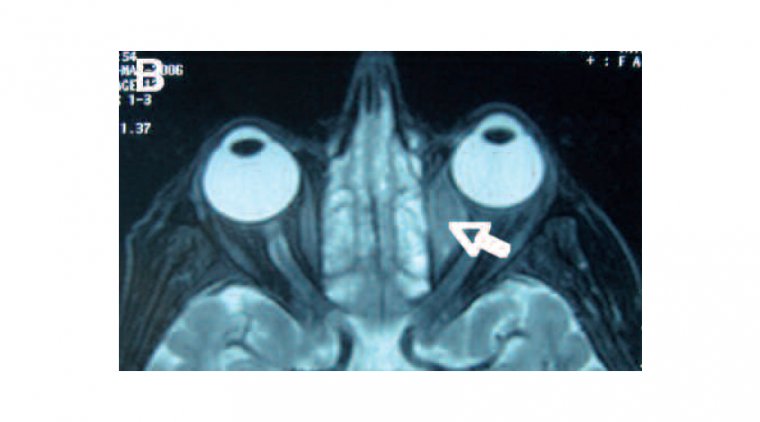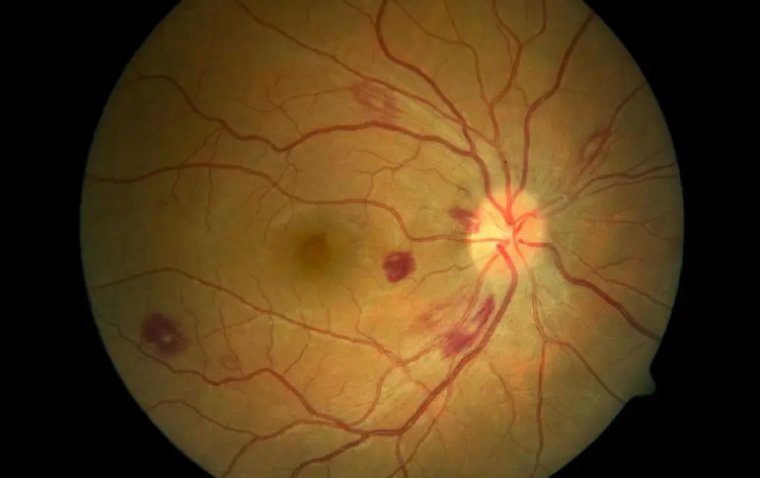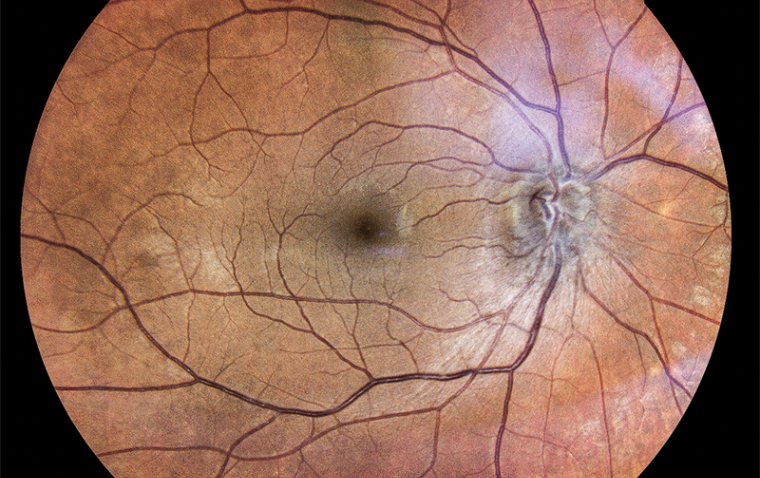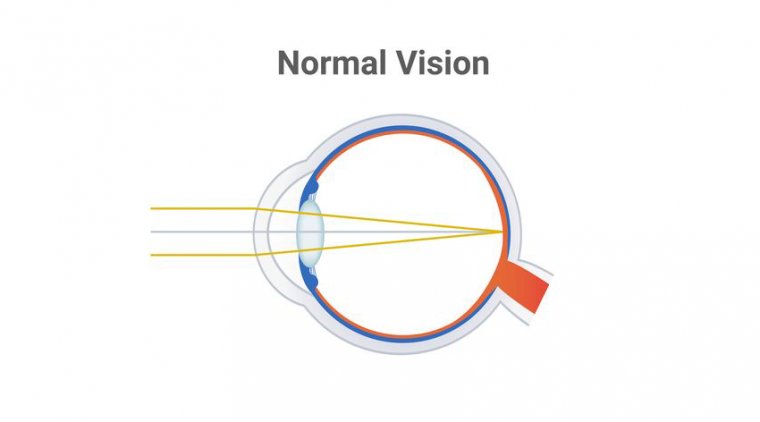
Orbital Lymphoma: Signs, Causes and Treatment
Orbital lymphoma is a type of cancer that affects the lymphatic system, specifically the tissues in and around the eye socket (orbit). It is a rare form of lymphoma, accounting for only 1-2% of all cases. Orbital lymphoma can affect people of any age, but it is more common in older adults and individuals with compromised immune systems.
The cause of orbital lymphoma is unknown, but it is thought to be related to a dysfunction in the immune system. Some risk factors for developing orbital lymphoma include a weakened immune system due to conditions such as HIV or AIDS, organ transplantation, and certain medications that suppress the immune system.
Symptoms of Orbital Lymphoma
● Swelling or bulging of the eye: One of the most common signs of orbital lymphoma is a noticeable swelling or bulging of the eye. This may be accompanied by pain or pressure in the eye area.
● Changes in vision: Patients with orbital lymphoma may experience changes in their vision, such as blurriness, double vision, or a loss of vision.
● Eye redness or discharge: The eye may appear red or swollen and may produce discharge.
● Pain or tenderness in the eye area: Some patients with orbital lymphoma may experience pain or tenderness in the eye area.
Other symptoms of orbital lymphoma may include fatigue, weight loss, night sweats, and fever.Other symptoms may include fatigue, weight loss, and fever.
Risk Factors of Orbital Lymphoma
There are several risk factors that may increase a person's risk of developing orbital lymphoma. These include:
Age: As mentioned, orbital lymphoma is more common in older adults. The risk of developing this type of cancer increases with age.
HIV infection: HIV, or human immunodeficiency virus, is a virus that attacks and weakens the immune system. People with HIV are more susceptible to developing various types of cancer, including orbital lymphoma.
Other immune system disorders: People with immune system disorders, such as autoimmune disorders or organ transplantation, may have a higher risk of developing orbital lymphoma.
Exposure to radiation: Exposure to high levels of radiation, such as radiation therapy for other cancers, may increase the risk of developing orbital lymphoma.
Family history: A family history of lymphoma may also increase a person's risk of developing orbital lymphoma.
It is important to note that having one or more of these risk factors does not necessarily mean that a person will develop orbital lymphoma. Many people with these risk factors never develop the disease.
Managing Orbital Lymphoma
Treatment options for orbital lymphoma depend on the specific type and stage of the cancer, as well as the overall health and preferences of the patient. Some common treatment options include:
Chemotherapy: This involves the use of drugs to kill cancer cells. Chemotherapy can be administered orally, intravenously, or directly into the affected area. It is often used in combination with other treatments, such as radiation therapy.
Radiation therapy: This involves the use of high-energy beams, such as X-rays or protons, to kill cancer cells. It can be used to treat orbital lymphoma that has not responded to chemotherapy or has spread to other parts of the body.
Surgery: In some cases, surgery may be used to remove the cancerous tissue or to relieve pressure on the eye. This may involve the removal of the affected eye or part of the orbit.
Immunotherapy: This involves the use of medications that boost the body's immune system to help it fight the cancer. It is often used in combination with chemotherapy or radiation therapy.
Clinical trials: Patients with orbital lymphoma may also have the option to participate in clinical trials, which are research studies that test new treatments or combinations of treatments.
It is important for patients to work closely with their healthcare team to determine the best treatment plan for their individual situation. Treatment for orbital lymphoma may also involve supportive care to manage side effects and improve quality of life.
It is also important for patients to seek regular follow-up care after treatment to monitor for any recurrence of the cancer. With proper treatment and follow-up care, many patients with orbital lymphoma can achieve remission and go on to lead normal lives.
(1).jpg)










